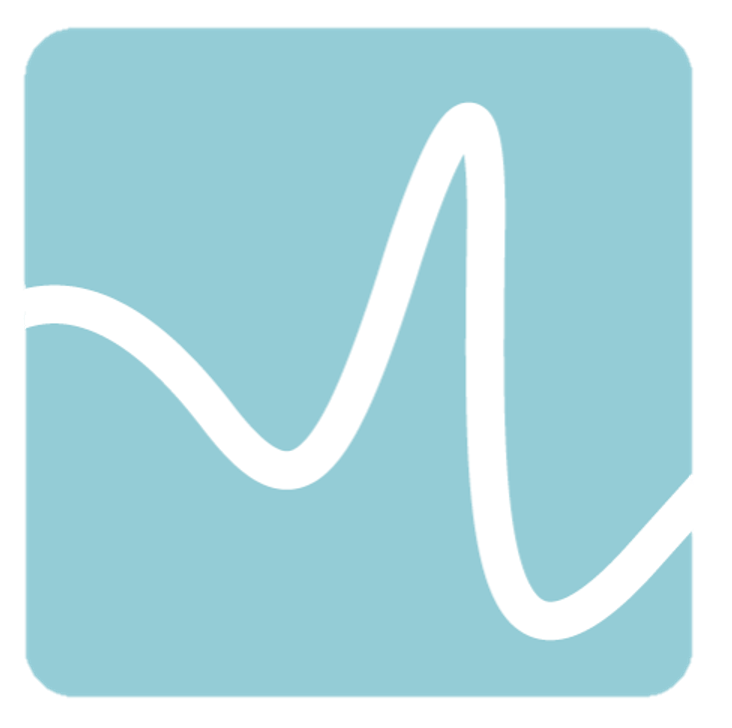Circadian Health Clinic

Circadian Medicine is an innovative, new field of medicine, in which the knowledge of the circadian timing system is applied for the development of chronotherapeutic approaches to diseases, including (day)light. This has such relevant implications for practically every discipline of clinical medicine, that pioneering hospitals are already opening circadian clinics within their clinical departments, conceived as highly interdisciplinary units dedicated to the management of circadian rhythm disorders in different populations and conditions.
In this regard, the Centre for Chronobiology has recently joined the newly created International Association of Circadian Health Clinics (IACHC), a network led by Harvard University, in collaboration with other high-ranked academic institutions worldwide.
We currently plan to establish a Circadian Health Clinic (CHC), with the aim to become a reference centre for clinicians and scientists interested in using light and other chronotherapeutics in research and clinical practice.
The module Circadian Health Clinic is led by Dr. med. Corrado Garbazza at the Centre for Chronobiology in Basel.
People
Aims
The CHC is aimed at promoting (day)light for circadian health in clinical settings. Specific aims of this module are:
- to develop and assess new tools for screening, diagnosing and treating patients with circadian rhythm disorders, with a special focus on personalized light treatment interventions
- to integrate daylight as a possible treatment strategy in the set of chronotherapeutics already used for circadian rhythm sleep-wake disorders and psychiatric disorders
- to establish consensus guidelines for the use of daylight and artificial light in clinical population, according to the needs and preferences of the affected individuals
- to estimate the effects of daylight on hospitalisation length and medications use in patients admitted to a psychiatric ward
- to evaluate the efficacy of daylight vs. artificial light in treating patients with seasonal and non-seasonal unipolar and bipolar depression, with a focus on women’s mental health
- to assess the effects of daylight saving time on cardiovascular health
- to evaluate the effects of daylight on mood, sleep and productivity in office workers and shift workers






